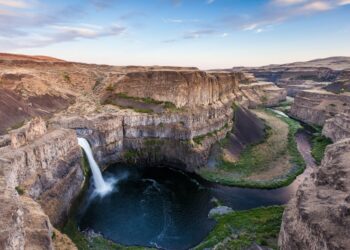Tulsa Oklahoma
History of Tulsa
Tulsa, nestled in the northeastern corner of Oklahoma, has a rich and varied history. Founded during the 1836 Creek Nation settlement following the Indian Removal Act, it transformed from a small frontier town to a bustling city by the turn of the 20th century, spurred by a boom in the oil industry. Known as the "Oil Capital of the World" for much of the 20th century, Tulsa's success in the energy sector shaped its growth and development.
Despite economic hardships during the Great Depression and significant civil unrest, notably the Tulsa Race Massacre of 1921, the city demonstrated resilience, rebuilding and redefining itself. Today, Tulsa is a diverse metropolis, home to renowned museums, parks, and music venues, continuing to evolve and grow while retaining its unique historical charm.
| Founded Year | Population (Year) | Elevation |
|---|---|---|
| 1836 | 401,700 (2023) source | 722 ft (220 m) |
Climate of Tulsa
| Season (Month) | High Temperature (°C / °F) | Low Temperature (°C / °F) |
|---|---|---|
| Winter (Dec - Feb) | 10 / 50 | -1 / 30 |
| Spring (Mar - May) | 22 / 72 | 8 / 46 |
| Summer (Jun - Aug) | 33 / 91 | 20 / 68 |
| Fall (Sep - Nov) | 25 / 77 | 11 / 52 |



